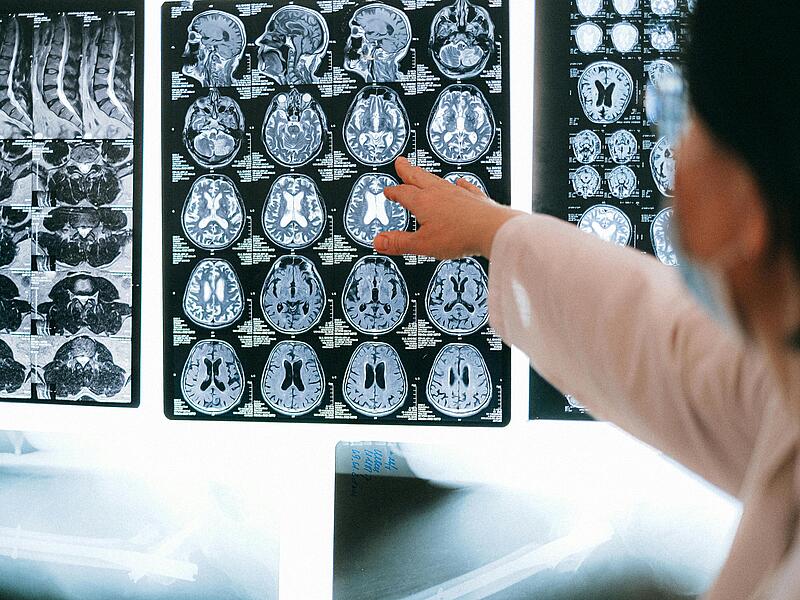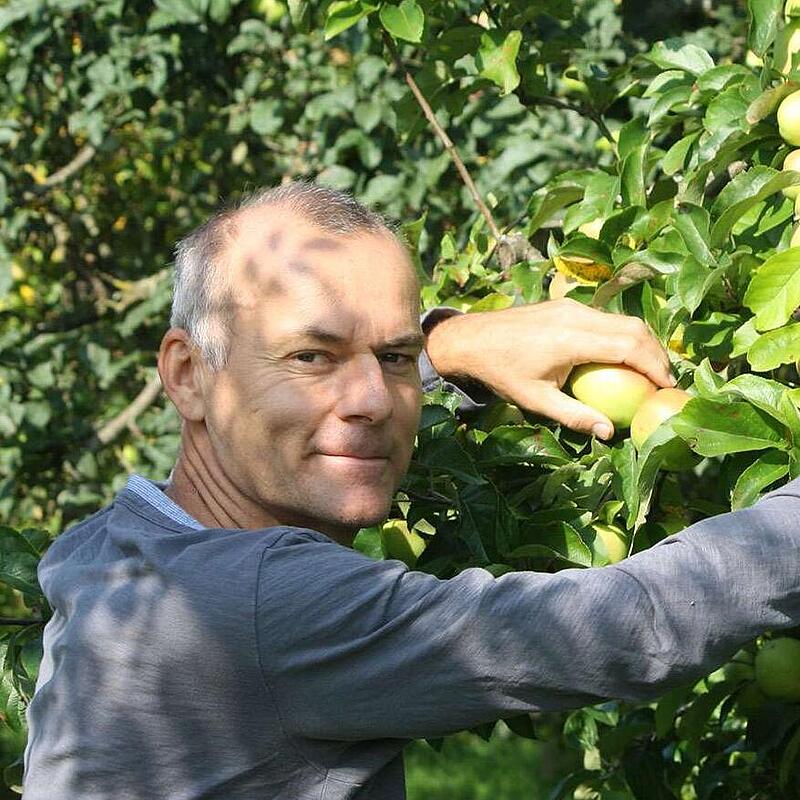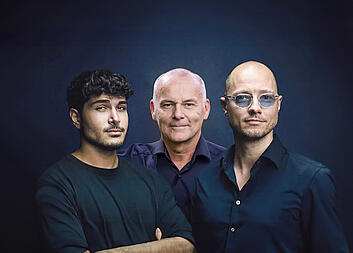Our modern way of life, especially the excessive consumption of social media, has a greater impact on our brain health than you might think. Platforms like TikTok and Instagram flood our brains with constant, often irrelevant information. The result? A veritable overload that prevents our brain from thinking deeply and reflectively. Instead, it remains in a mode that only reacts to new stimuli.
Dr. Nehls explains that this constant flow of information stimulates the release of dopamine - the happiness hormone responsible for “reward” in the brain. Every time you scroll through the feeds, your brain gets a little dopamine boost. This causes you to seek out more and more stimuli, losing the ability to engage in deeper, more complex thoughts.
He also talks about the concepts of System 1 and System 2, which were originally described by psychologist Daniel Kahneman.
- System 1 is fast, automatic thinking - perfect for simple, emotional reactions.
- System 2, on the other hand, stands for slow, reflective thinking that requires a lot of energy.
Due to the constant consumption of social media, many people get stuck in System 1. The deep, reflective thinking of System 2 is neglected, which leads to superficial, impulsive behavior in the long term. Dr. Nehls warns that this could put our society into a kind of “zombie mode” in which emotions and stimuli dominate, while analytical thinking becomes increasingly rare.












